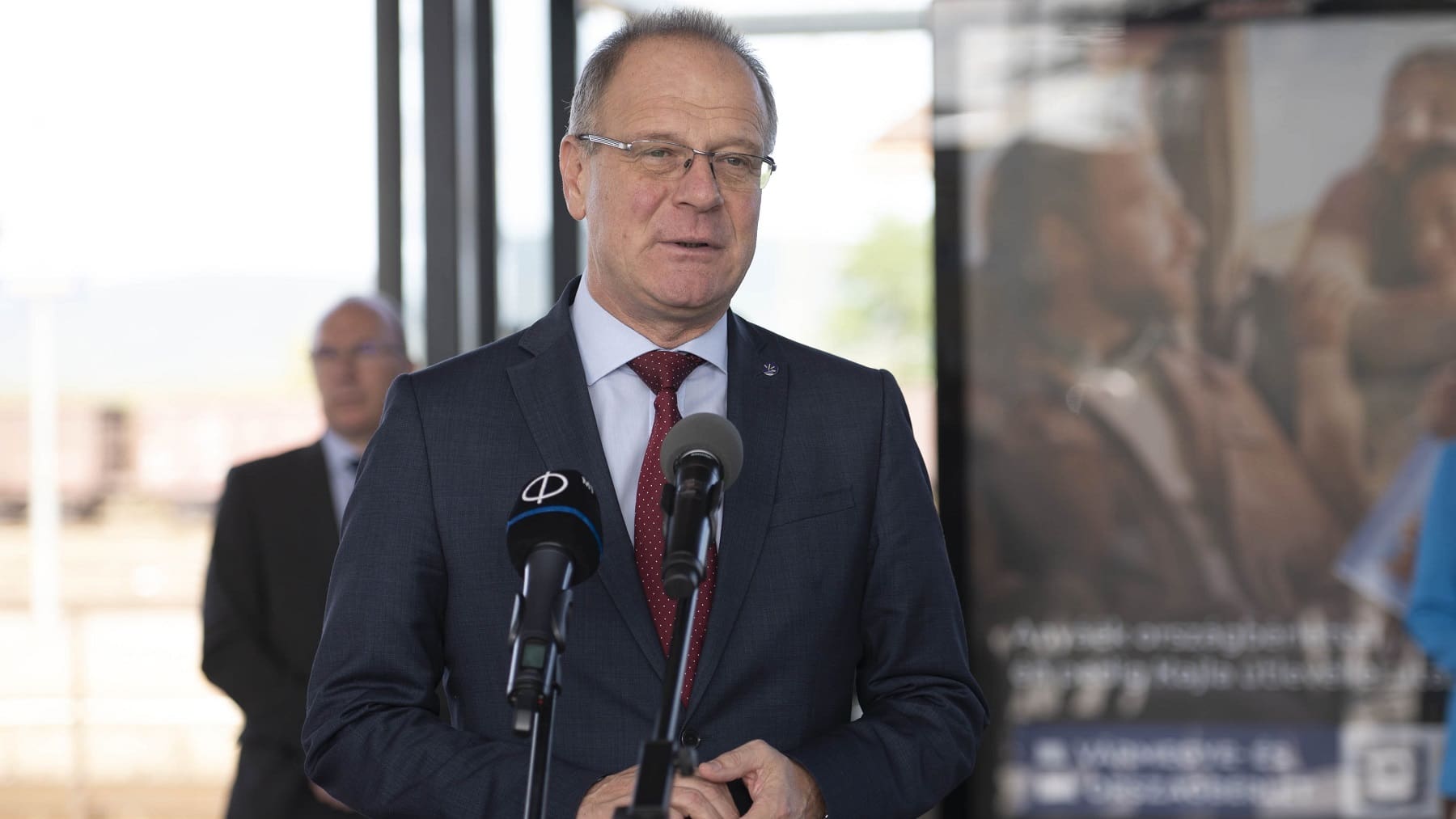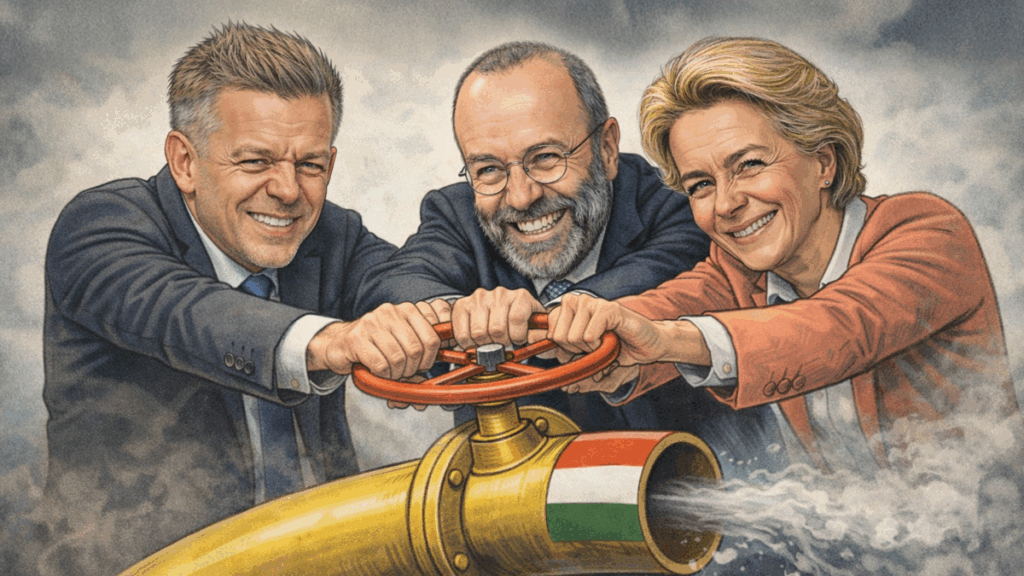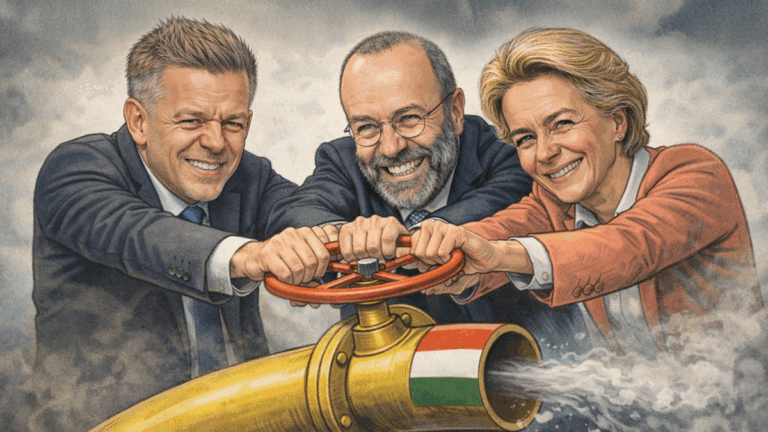Minister for Regional Development and Public Administration Tibor Navracsics of Hungary has spoken at a conference held by the Zoltán Magyary Folk College Society in Tata, Hungary. At the event on Monday, 1 July, Minister Navracsics told the audience:
‘Thanks to the digital revolution, we are on the verge of a paradigm shift, which can fundamentally change Hungarian public administration.’
As an example, he brought up the digital citizenship programme. The programme has been accepting applications since May, and it will be expanded by a mobile app set to be released in September. The minister also shared that the Digital Single Window is being developed simultaneously. The online assistance tool for public administration matters is planned to roll out in 2026.
The minister went on to say that public administration is a competence of national sovereignty in each EU member state. However, there are common directions for development, such as user-centredness, location-based and cross-border services, or the possibility of multi-channel access.
Hungary was a pioneer in this field, he added, both at the European and world level, with its government offices that allow citizens to start several procedures with a single visit.
Minister Navracsics also stressed that digital administration does not mean replacing government offices or the physical presence of public administrations, but rather expanding services, because the government experience is that many people insist on traditional face-to-face administration.
Zoltán Magyary (1888–1945) was an outstanding Hungarian lawyer, public administration scholar and university professor, born in Tata, who played a significant role in in shaping academic life and public administration in Hungary between the two world wars.
The Magyary School is a train of thought in public administration that was founded and led by Zoltán Magyary in the first half of the 20th century. The goal of the school was to place Hungarian public administration on scientific foundations and to make it internationally recognized. The main ideas of the Magyary School included defining public administration as an independent discipline, which considers not only legal, but also sociological, psychological, economic and political aspects. It also advocated for connecting the theory and practice of public administration and devising and implementing public administration reforms. In order to create an institution that would train public administration experts and help develop research and education in the field of public administration he founded and became the director of the Hungarian Public Administration Institute in 1931.
Related articles:







